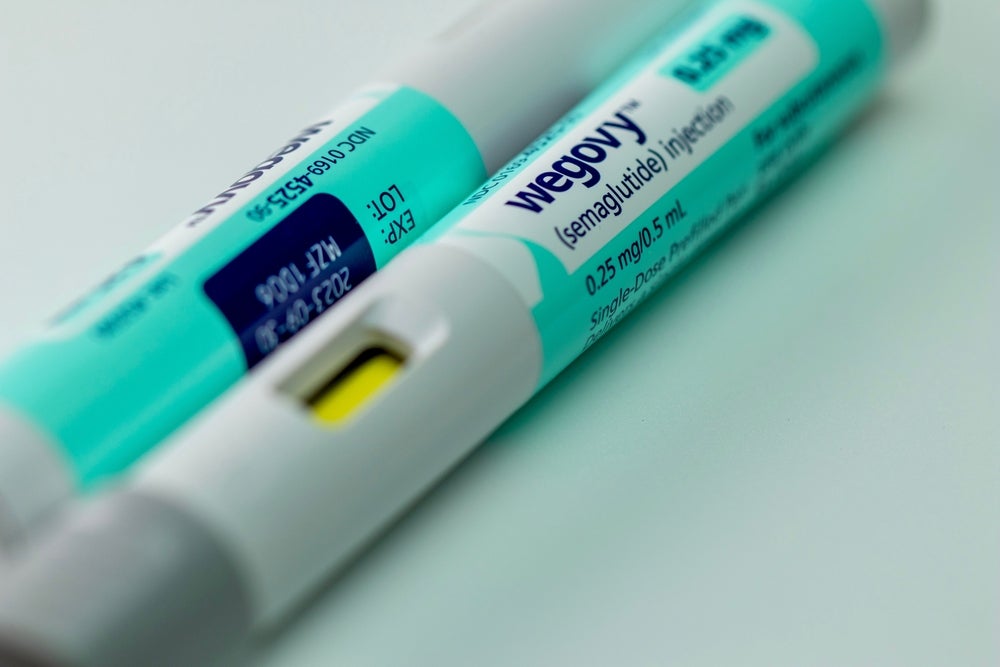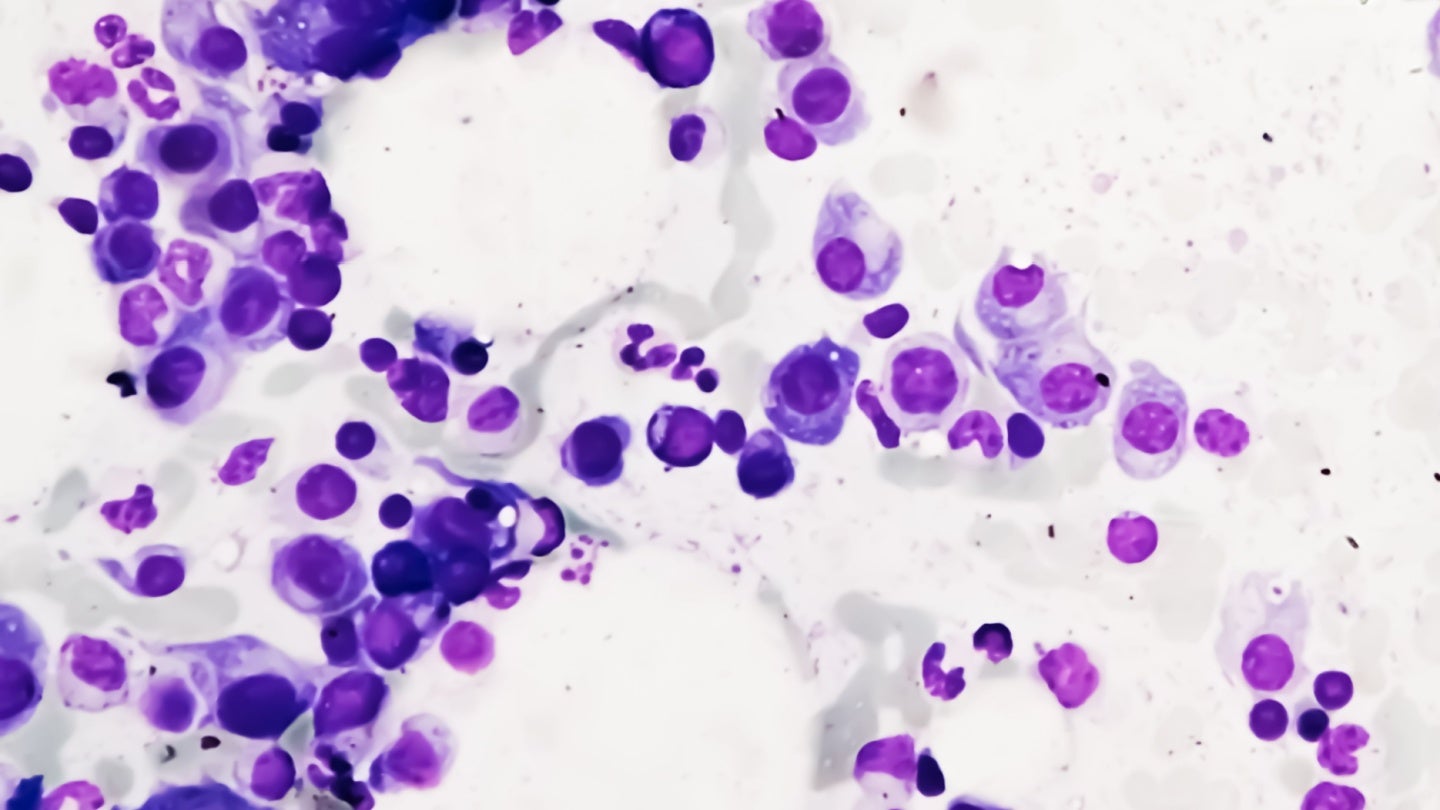Lilly’s Jaypirca leads the leukemia trail with FDA approval
In the highly competitive landscape of BTK inhibitors for blood cancer treatment, Eli Lilly has set itself apart by gaining approval from the FDA for Jaypirca, a non-covalent BTK inhibitor. This approval is specifically for patients suffering from chronic lymphocytic leukemia (CLL) or small lymphocytic lymphoma (SLL) who have undergone at least two lines of […] The post Lilly’s Jaypirca leads the leukemia trail with FDA approval appeared first on LifeSci Voice.

In the highly competitive landscape of BTK inhibitors for blood cancer treatment, Eli Lilly has set itself apart by gaining approval from the FDA for Jaypirca, a non-covalent BTK inhibitor. This approval is specifically for patients suffering from chronic lymphocytic leukemia (CLL) or small lymphocytic lymphoma (SLL) who have undergone at least two lines of therapy previously.
What distinguishes Jaypirca from its competitors is its unique ability to assist patients who have not responded to previous BTK inhibitor treatments. Unlike existing covalent agents such as AbbVie/J&J’s Imbruvica, AstraZeneca’s Calquence, and BeiGene’s Brukinsa, Jaypirca is a non-covalent BTK inhibitor that binds to BTK using a different mechanism. This innovative approach addresses the limitations faced by patients who have progressed on covalent BTK and BCL-2 inhibitor therapies, offering a much-needed and meaningful advance in treatment options
While the FDA’s accelerated approval is noteworthy, it comes with certain caveats. Lilly sought this accelerated approval based on tumor shrinkage data from the BRUIN phase 1/2 trial, even though the trial included patients who had received a BTK but not a BCL-2 inhibitor. The updated Jaypirca label now reveals that the drug has demonstrated tumor shrinkage in 78% of 108 patients who were previously treated with both a BTK and a BCL-2 inhibitor, with responses lasting a median of 12.2 months.
All FDA approvals require further evidence to confirm a drug’s clinical benefit. In conjunction with Jaypirca’s approval, Lilly announced that the phase 3 confirmatory trial, BRUIN CLL-321, has already met its primary endpoint of progression-free survival, with results shared with the FDA in November. The data from this trial, however, have not been publicly disclosed or formally reviewed by the FDA.
Jaypirca’s potential is further explored in other trials, such as BRUIN CLL-322, where it is combined with Venclexta and rituximab, and BRUIN CLL-313, comparing Jaypirca with the bendamustine-rituximab combo in untreated CLL/SLL patients. Jake Van Naarden, CEO of Lilly’s oncology unit Loxo, emphasizes that BTK-experienced CLL represents the “core value proposition” of Jaypirca, as the post-covalent BTK market remains significant due to the non-curative nature of BTK inhibitors.
Covalent BTK inhibitors are currently competing vigorously in frontline CLL, with Imbruvica losing share. BeiGene’s Brukinsa saw a substantial 150% YoY increase in sales to $270 million in the U.S. in Q3 2023, while AstraZeneca’s Calquence recorded a 2% increase to $468 million in the same period. In contrast, AbbVie reported a 20% decline in Imbruvica’s U.S. revenue to $678 million.
Jaypirca initially received FDA approval in January for third-line, post-BTK mantle cell lymphoma treatment, generating $22.7 million in Q3 sales. The ongoing confirmatory trial for this indication, BRUIN MCL-321, pits Jaypirca against Imbruvica, Calquence, or Brukinsa in mantle cell lymphoma patients who have undergone at least one prior line of therapy.
The post Lilly’s Jaypirca leads the leukemia trail with FDA approval appeared first on LifeSci Voice.
What's Your Reaction?

































